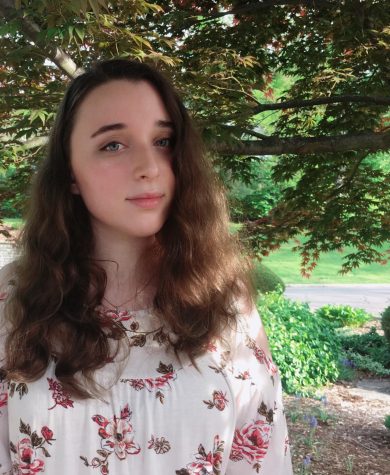Why It’s So Hard To Fire CCSU Faculty
August 28, 2019
It took close to a year and a $179,892.57 investigation, according to the Office of University Counsel, for now-former theater professors Joshua Perlstein and Thomas Delventhal to be outed from Central Connecticut’s campus.
The two men have been embroiled in sexual misconduct allegations that ended with Perlstein resigning from Central before a May termination hearing and Delventhal fired a week after.
Christopher Dukes, CCSU’s former head of the Office of Student Conduct and accused of kidnapping and assaulting his wife, was terminated eight months after being arrested.
Math Professor Mihai Bailesteanu, who violated the university’s sexual misconduct policies based on an internal investigation, is still on campus.
Permanently removing CCSU faculty from their posts amidst damaging accusations is arguably a lengthy process. The “additional rights and conditions” set forth in the collective bargaining agreement between CCSU and the CCSU American Association of University Professors is more often than not the reason why the process is elongated, CCSU President Dr. Zulma Toro explained.
“Whenever we are taking actions, we have to follow the processes established in that contract,” Dr. Toro said in an interview. The contract provides protections for tenure, tenure-track and part-time faculty, she added.
The CCSU-AAUP guarantees faculty everything from “representation during any investigatory interview” to paid leave, according to the union’s website – that’s why Perlstein, Delventhal and Dukes were all placed on paid leave as soon as allegations against them surfaced.
For instances when a faculty member believes the university has breached the contract, there is also a grievance procedure in place; Bailesteanu took advantage of it and reversed his termination.
In a March email from CCSU-AAUP President Louise Williams to union members obtained by The Recorder, Williams wrote that Bailesteanu is “innocent” until “management [provides] ‘clear and convincing evidence’ of wrongdoing.”
Williams could not be reached for comment.
There are additional hurdles Central’s administration must leap through before being able to terminate a protected employee.
While each step provides safety nets for faculty, they lengthen the process, though Dr. Toro said that is standard and that “the process works,” noting that it “speaks volumes” that the termination committee previously agreed with her on a case.
“There are a number of peer committees that have to review the case once charges have been brought for a professor,” Dr. Toro stated. A case can pass through the mediation and termination committees and still not result in a faculty’s firing if it is appealed and placed in the arbitration process at the Connecticut State Colleges & Universities Systems Office. The Bailesteanu case, whose hearing is in October, is one of the cases going through the process. “We [tried to remove Bailesteanu when his contract came up for renewal], but that was also grief, so it’s going to arbitration.”
“I am committed to doing what I think is in the best interest of our students – everything that will protect the students, to make the students feel safe and welcome here, I will do that no matter how difficult it is,” she continued.
Dr. Toro assured that the reengineering of the Office of Diversity and Equity, which has a new leader and a new location that is more discreet, will handle investigations better than in prior years, encouraging students to make a complaint if necessary “no matter if the process is difficult.”
“We want people to feel we are hearing what they have to say and for people to feel that we have the capacity to deal with those cases in a timely manner no matter what type of case we’re dealing with,” she said.
Negotiations for a new contract will take place next October. Dr. Toro does not participate in the negotiations, but she said she is “willing to implement whatever actions are needed as long as we protect our students.”
“It has a little bit of bureaucracy to it,” Dr. Toro said. “I know it could be frustrating. But I’m convinced we’re making progress.”



